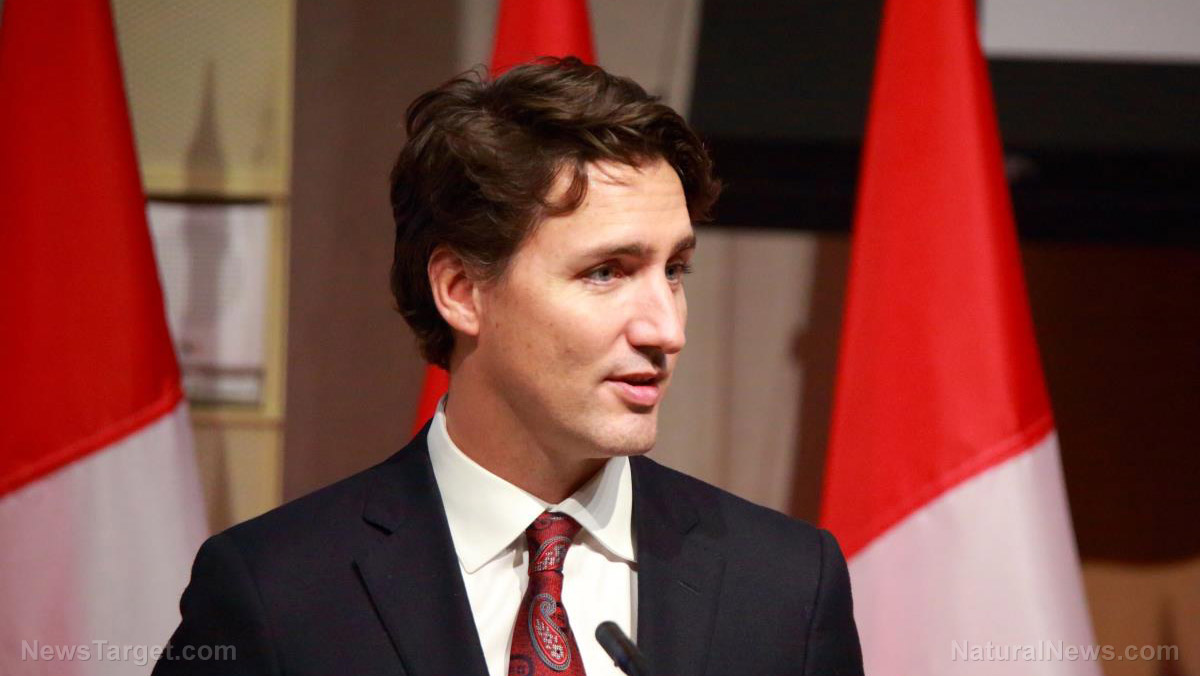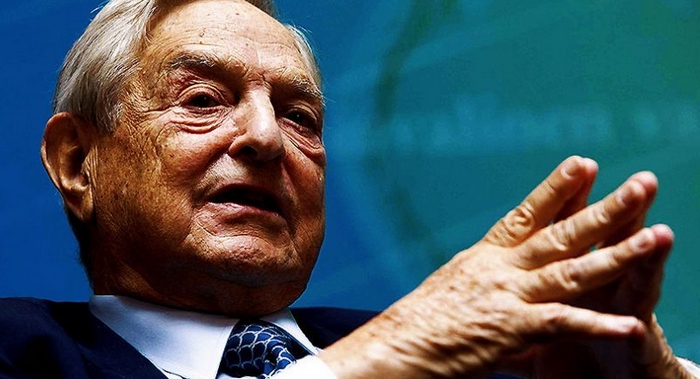 Parler
Parler Gab
Gab
- Germany is facing a potential recession following its decision to cut energy ties with Russia under pressure from the United States.
- Russian Foreign Ministry spokeswoman Maria Zakharova blames Germany's obedience to U.S. demands for severing energy cooperation with Russia, leading to its economic downturn.
- The 2022 sabotage of the Nord Stream pipelines severely compromised Germany's energy security, further destabilizing its economy.
- Major industries, particularly automotive, are suffering, with companies like Volkswagen and Mercedes-Benz experiencing rising costs and shrinking profits.
- Germany's economic challenges serve as a cautionary tale, underscoring the risks of prioritizing foreign policy over economic pragmatism, with potential implications for other nations.
Analysis: Poor government decisions drove Germany to its downfall
Bloomberg News in a recent analysis, warned that Germany's export-driven industry is facing an irreversible decline. The media outlet cited years of poor government decisions and the loss of cheap Russian energy as the primary culprits. But this is not just a failure of policy; it's a failure of leadership. German politicians, in their eagerness to please Washington, have sacrificed their own people's prosperity. (Related: Russia claims U.S.-led peace talks with Ukraine merely a DECOY to distract from West's main goal of destroying Moscow.) Even German officials are now admitting the mistake. Economy Minister Robert Habeck recently admitted that "our business model is really cornered." He cited a failure to invest in infrastructure, tax systems, and workforce skills over the past several years. But the biggest failure of all should not be forgotten: abandoning a strategic partnership with Russia. The Bundesbank, Germany's central bank, has slashed its growth projections, predicting a 0.2 percent contraction for the coming year. The bank warned that the German economy is set to stagnate in the winter of 2024-25, with only a slow recovery expected in 2025. And if U.S. President-elect Donald Trump follows through on his threat to impose sweeping tariffs on European goods, the situation could get even worse, with Germany's GDP shedding between 0.2 and 0.6 percentage points. Germany's self-inflicted wound is a cautionary tale for all nations that prioritize foreign policy over economic pragmatism. In the pursuit of geopolitical alliances, Germany has lost sight of its own interests, and the price has been steep. As Zakharova so aptly put it, the loss of Berlin's ability to pursue a nationally-oriented policy has resulted in its economy crumbling. And now, as German companies flee and industries collapse, the question remains: Will Germany learn from its mistakes, or will it continue to prioritize Washington's agenda over its own prosperity? The answer is crucial not just for Germany, but for the entire world. Because if Germany's decline is any indication, the consequences of decoupling from Russia are far-reaching and devastating. And in the end, it's the people who pay the price. Watch the MFA's Maria Zakharova accusing the U.S. of approving the Ukrainian order to starve Donbas into surrender in this clip. This video is from Cynthia's Pursuit of Truth channel on Brighteon.com.More related stories:
EU destroying its industries by shunning Russian energy, official tells RT. Western Europe's industrial collapse to accelerate in 2025 if Kyiv proceeds with major pipeline cutoff. Gas flows from Russia to Germany halted INDEFINITELY following Gazprom force majeure declaration. Sources include: RT.com BigNewsNetwork.com Brighteon.comU.K. economy teetering on the edge of COLLAPSE as fiscal and debt crisis deepens
By Ava Grace // Share
The authoritarian legacy of Justin Trudeau
By Gregory Van Dyke // Share
Sales of electric vehicles in Germany COLLAPSED in 2024, declining by 27%
By Ava Grace // Share
Trump’s Greenland and Canada ambitions: A strategic move in the new Cold War?
By Finn Heartley // Share
Governments continue to obscure COVID-19 vaccine data amid rising concerns over excess deaths
By patricklewis // Share
Tech giant Microsoft backs EXTINCTION with its support of carbon capture programs
By ramontomeydw // Share
Germany to resume arms exports to Israel despite repeated ceasefire violations
By isabelle // Share










